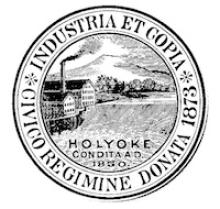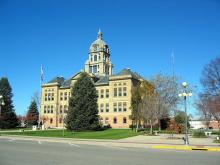Waterloo, Iowa, Thinks the Time is Right for Publicly Owned Internet Infrastructure
Fourteen years ago, voters in Waterloo, Iowa, overcame a campaign aimed to prevent them from developing publicly owned Internet infrastructure. They voted to allow the city to create a municipal telecommunications utility in the fall of 2005, but the idea languished. Recently, however, leaders in Waterloo have taken up the initiative and are moving ahead.
Time to Advance
At their September 25th meeting, trustees on the Waterloo Telecommunications Utility board unanimously voted to hire a consultant in order to move forward on the plan that voters approved back in 2005. Two local organizations have conducted studies on connectivity in the Waterloo area within the past year.
“I think it’s time,” said board member Rich Kurtenbach, “We’ve got communities all around us that have their own utilities when it comes to broadband.”
Since 2005, the community has never approved funding to develop a publicly owned broadband network. The Telecommunications Utility board has met to discuss the possibility of asking the community for funding on several occasions and at one time requested enough to hire a consultant once, but the measure failed. The issue has been on the shelf since 2014 and, according to Chris Wedland of the city attorney’s office, “This board has had a unique history and it has had large gaps in its operating history.” Now that the board is active again, their first step has been to select a consultant to help them with next steps.
Waterloo doesn’t have a municipal electric utility like many of the other Iowa cities that have already deployed Internet network infrastructure. As Mayor Quentin Hart commented, “At some point we’re going to have to get some experts in here to start helping us move the process forward.”


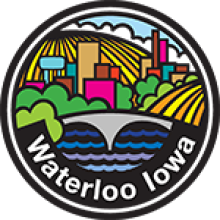
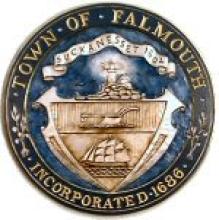

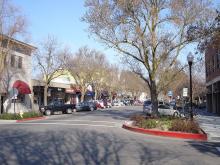
 Still Needed
Still Needed
